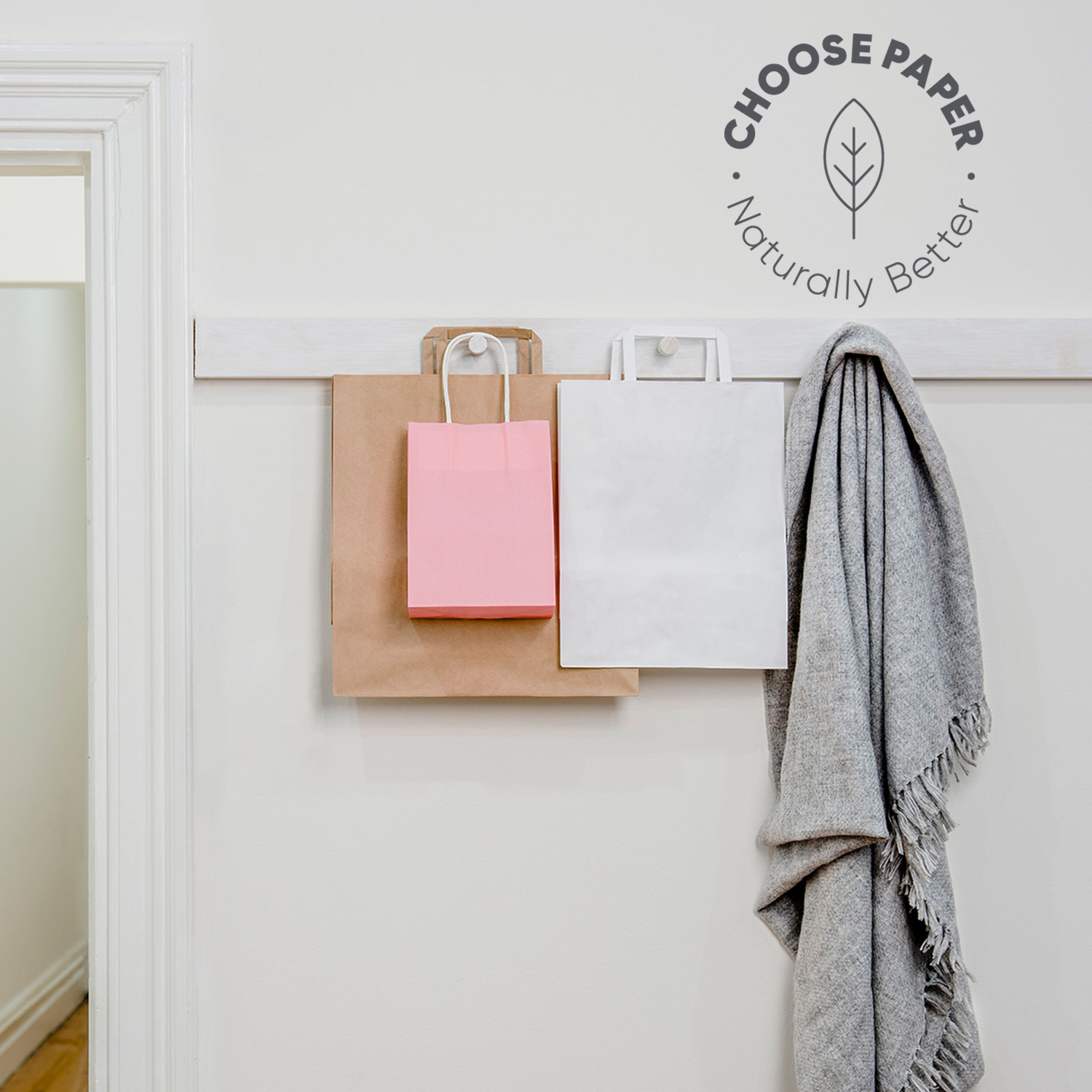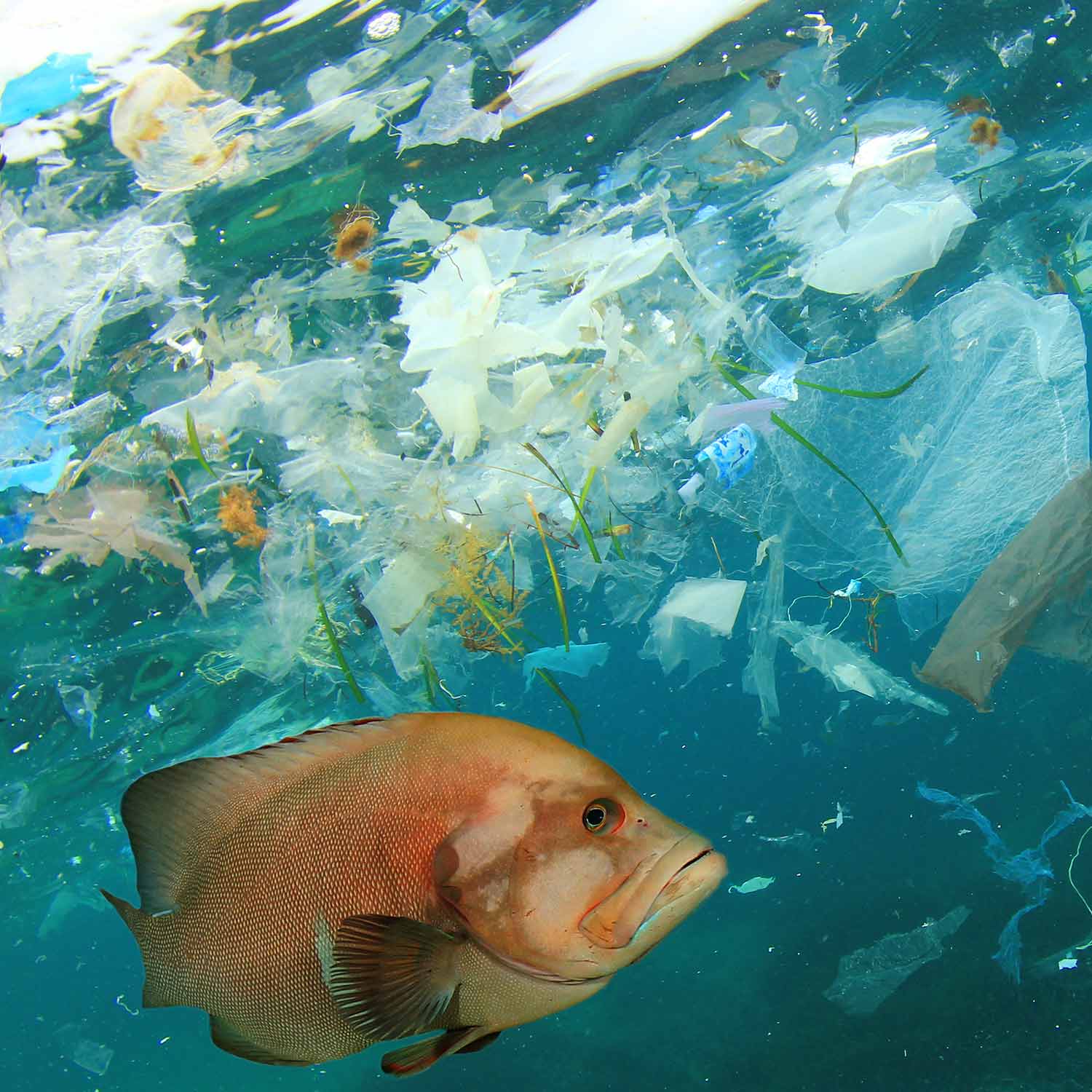Are you sure?
Are you sure? If you change your country now, any items you have added to your cart will disappear.
Your location
Please set your location to see relevant stock levels. Freight costs and taxes will be calculated once you log in.
Note: changing your location will empty your cart.
January 7, 2020
In 2019 the move away from single-use plastics extended.
Single-use plastic bags were banned in Victoria and New Zealand and globally Tanzania, Croatia and Barbados were just a few who implemented legislation to reduce or ban plastic bags last year.
According to data from the United Nationals Environment Programme1, up to 5 billion plastic bags are used around the world annually.
Single-use plastic bags pose significant threat for our natural environment and wildlife. Increasing concern exists for marine life after the Ellen MacArthur Foundation2 released a report stating that at current trajectory there would be more plastic in the ocean than fish by 2020.
A recent United Nations report3 found that around 127 countries have now adopted some form of regulation against plastic bags, with that number only expected to go up.
And yet – according to The World Resources Institute, these bans are having little impact on plastic pollution4.


The World Resources Institute points to a couple of key flaws in legislation that is resulting in these plastic bag bans having a lesser impact than expected, these include:
- Countries failing to regulate plastic through its lifecycle
- Countries favouring partial bands over full bans
- Countries not including bans/restrictions on plastic bag manufacturing/production
- Exemptions and exceptions in legislation
- Incentives not offered for alternatives to single-use plastic bags
And as the single-use plastics bans extend into other product categories, such as straws, food containers, plastic lined cups and bottles, concerns are that, as with the plastic bag ban, this legislation may not be comprehensive enough to have a real impact.
With plastic production still increasing, our vision for 2020 is that there will be more emphasis placed on dealing with plastics at the end of their life, such as actively encouraging recycling of plastics, as well as finding and promoting real alternatives.
In the case of an alternative to plastic bags for retail packaging, choosing paper remains a sustainable choice.
Paper bags can offer equal or even better strength than their plastic equivalents, and can be reused, recycled or composted.
Choosing paper can be the start to offering your consumers a more sustainable shopping experience.
Want to learn more? Head to our page on plastic bag bans.
Or, back to Latest News.
- The Economist, ‘Ever more countries are banning plastic bags,’ July 2019, <https://www.economist.com/graphic-detail/2019/07/24/ever-more-countries-are-banning-plastic-bags>
- Ellen MacArthur Foundation, ‘The New Plastics Economy: Rethinking the future of plastics and catalysing action,’ 2017 <https://www.ellenmacarthurfoundation.org/publications/the-new-plastics-economy-rethinking-the-future-of-plastics-catalysing-action>
- United Nations ‘Legal Limits on single-use plastics and microplastics, 2019, < https://www.unenvironment.org/resources/report/legal-limits-single-use-plastics-and-microplastics>
- The World Resources Institute, ‘127 Countries now regulate plastic bags. Why aren’t we seeing less pollution?’, 2019 <https://www.wri.org/blog/2019/03/127-countries-now-regulate-plastic-bags-why-arent-we-seeing-less-pollution>

